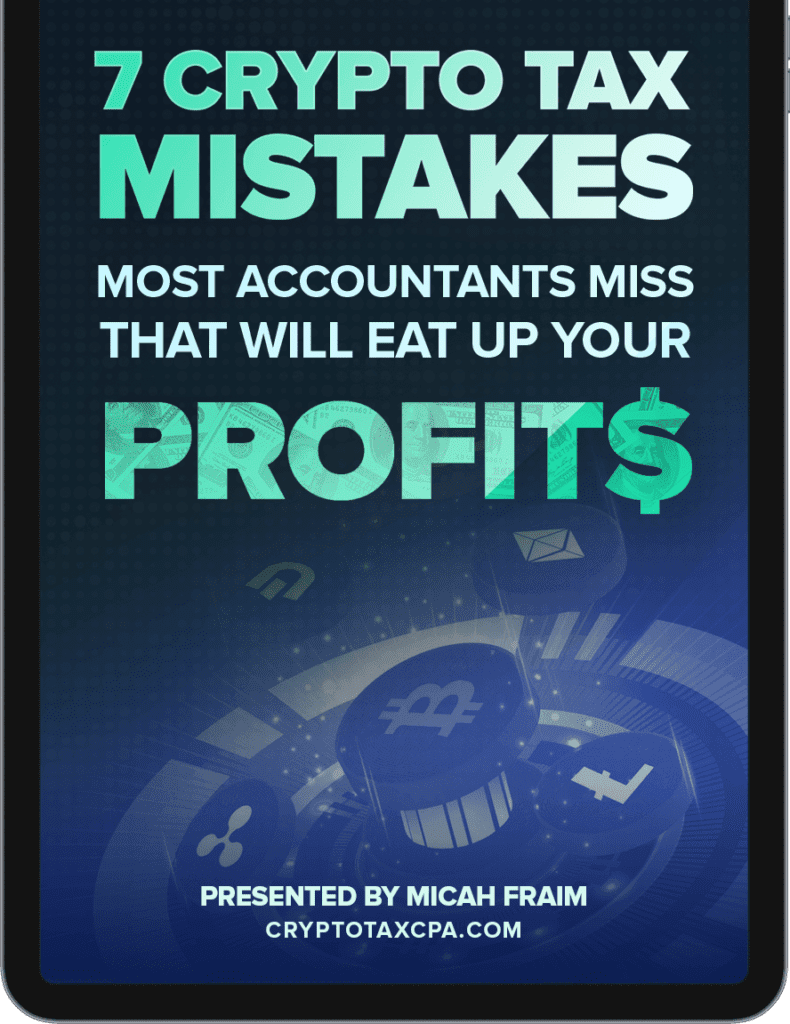Gaming NFTs vs. Art NFTs
In our last article we discussed how digital art NFTs are taxed. Some of those principles will be true for gaming NFTs as well:
- If you are the original creator of the NFT and sell it, this will be considered business income
- If you buy an NFT simply to hold and later resell it, this will be taxable either as a collectible or short-term capital gain depending on your holding period
- If you are in the business of buying/reselling NFTs, you may be classified as a dealer and have that income classified as business income
- If NFTs are purchased for investment purposes and are sold at a loss, you should be able to claim that as a capital loss. If the NFT was purchased for personal use, you cannot deduct the loss
In essence, if your gaming NFTs are functioning as collectibles the way that art NFTs are, there is not likely going to be any difference in tax treatment.
But let’s talk about if you’re actually using the items in-game. This gets into a really interesting discussion that we think is going to take years (if not DECADES) to litigate.
As always, we’ll stress: there is no NFT-specific guidance available from the IRS. All of this is conjecture and our “best guess” given the existing case law and revenue rulings.
For most intangible assets, we end up with two options for tax treatment:
- The intangible asset is not eligible to be amortized at all. It will sit on the books as an asset with no deduction for the purchase
- Amortizing the asset under Section 197. By default this is done over 15 years, although it can be done over a shorter period if it can be proven that the useful life of the asset is less than 15 years
This is going to be absolutely fascinating as blockchain continues to evolve. Because by default, the IRS is likely to say that the intangible assets (in this case NFTs) should not be amortized at all or will perhaps concede that they should be amortized over 15 years.
And for a lot of NFTs, that is likely going to be appropriate guidance.
A lot of them…not all.
The Importance of NFT Function
Let’s give some examples. Imagine you’re playing an MMORPG like Mirandus (note: I have no idea if this is how Mirandus itself will actually work, this is just to illustrate) and that in-game you have:
- A hatchet or pickaxe that degrades over time/has a finite amount of use available to it before it needs to be replaced
- A sword or other piece of equipment that does not degrade, but becomes increasingly obsolete over time as superior versions become available
- A plot of land that you rent out/allow other users to build on
- A tavern or other piece of in-game real estate that you operate a business out of
- A limited-edition piece of art that you hang on the walls of your home in-game
All of those are NFTs within the same game, but clearly have very different use cases. Treating them all the same way would seem to miss the point and the core functionality of the asset itself.
If these were tangible assets, they would all be taxed and depreciated very differently (or not be depreciated at all). The pickaxe is not going to last more than a few months and the sword will be obsolete within a year. But on the flip side, the land, tavern, and painting will last indefinitely and – if they mirror their real-world equivalents – will likely appreciate in value.
We don’t think we’re going to see virtual buildings being depreciated over 40 years like tangible non-residential real estate, but we do think these differences in utility are going to have to be taken into consideration.
And this does not even begin to consider the purpose, scope, and operations of these in-game activities and how those could affect the tax treatment. We’ll discuss those in more detail in future articles on the taxation of metaverse NFTs and also on P2E (play-to-earn) gaming.
With the insane prices of some gaming NFTs (and the corresponding tax ramifications of different tax treatments for them), it’s all but guaranteed there will be substantial litigation surrounding this in the current years.
For now, and absent the clarification that will come from future court cases and IRS guidance, we do believe that examining the nature of each NFT itself is going to be important.
Any accounting, business, or tax advice contained in this communication, including attachments and enclosures, is not intended as a thorough, in-depth analysis of specific issues, nor a substitute for a formal opinion, nor is it sufficient to avoid tax-related penalties.


